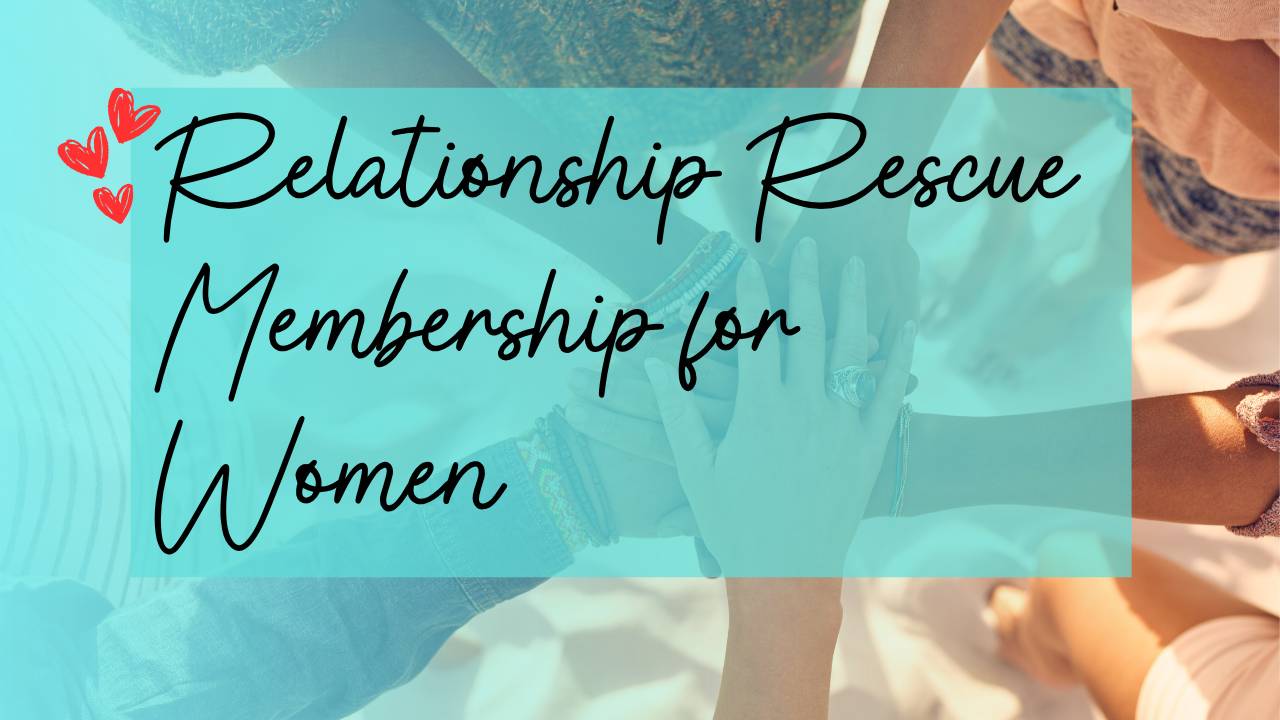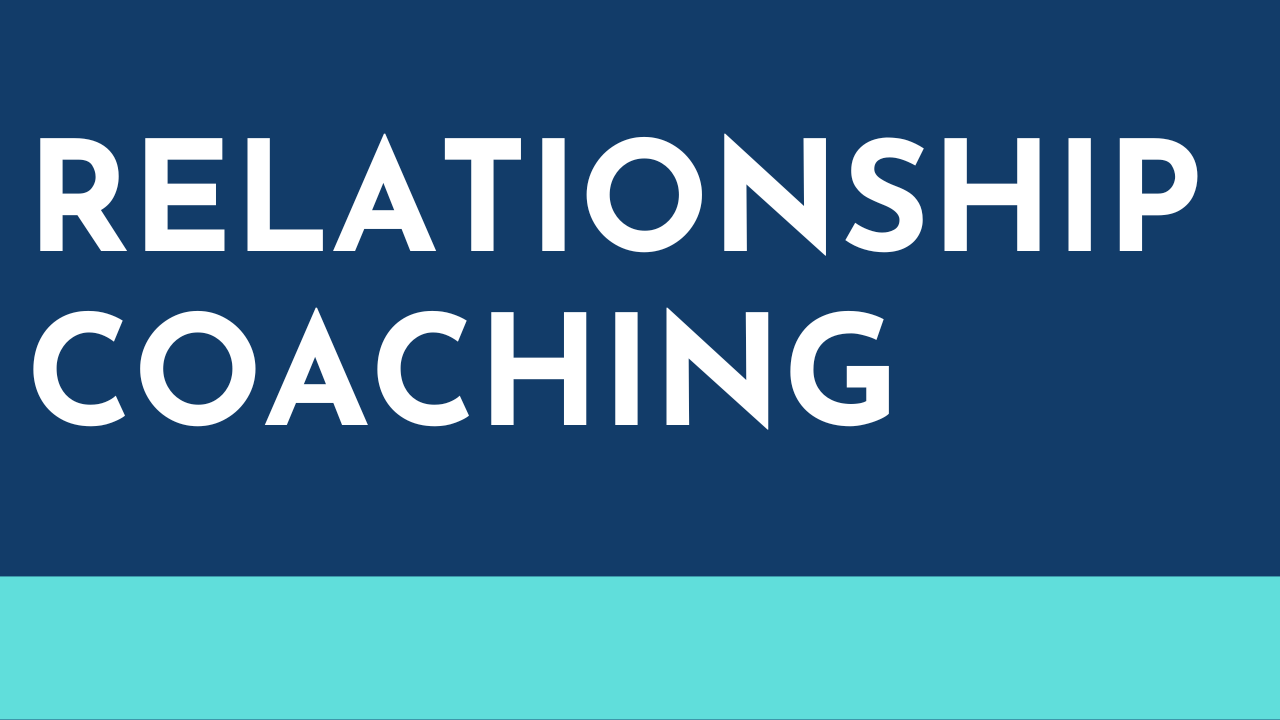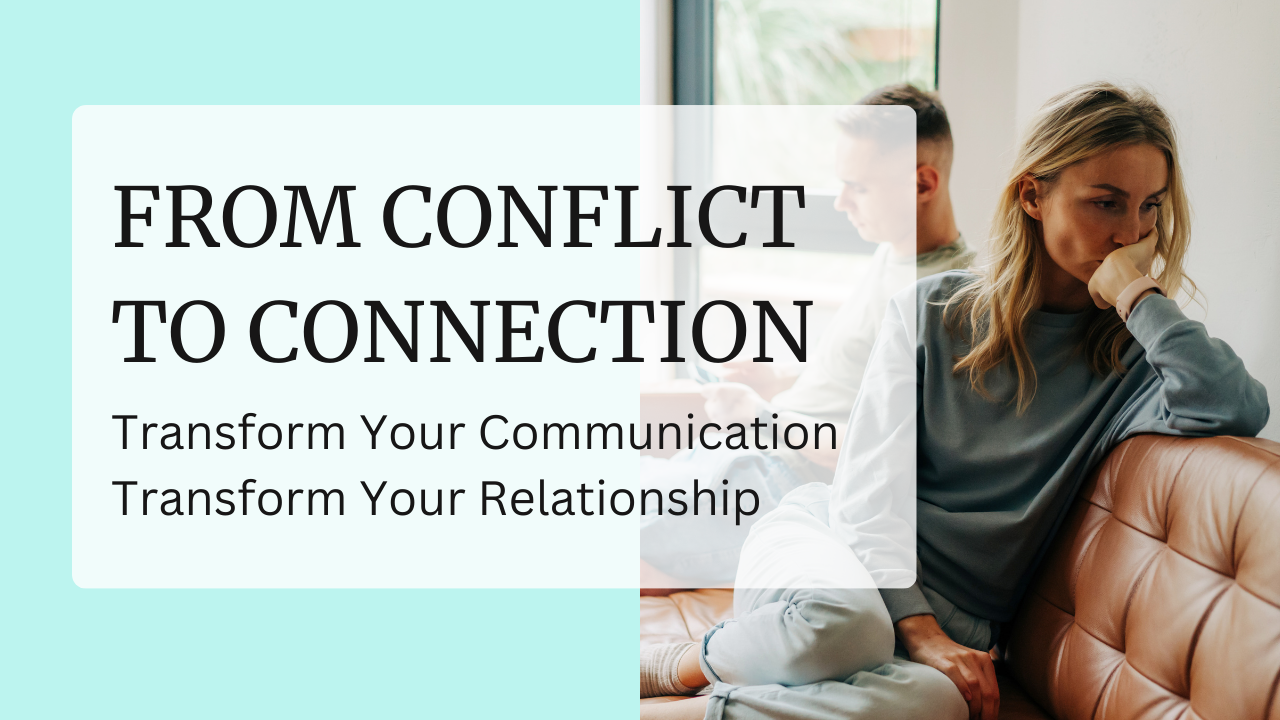35. How Depression Impacts Your Relationship
As a couples therapist and relationship coach at A Better Relationship Coaching, I've noticed a recurring theme in my sessions lately: the impact of depression on relationships. Many couples are grappling with this issue, unsure of how it affects their partnership. Today, I want to shed light on this important topic and offer some guidance.
Understanding Depression in Relationships
Depression isn't just feeling down or having a bad day. It's a pervasive, heavy weight that affects nearly every aspect of a person's life - and by extension, their relationship. Here's how:
1. Communication Breakdown: Depression can make it difficult for the affected partner to express their feelings or needs. They might feel numb or struggle to articulate their emotions.
2. Self-Esteem Issues: Innocent comments may be perceived as criticism, making problem-solving and future planning challenging.
3. Decreased Engagement: The depressed partner may withdraw from activities they once enjoyed, leaving the other partner feeling confused and possibly hurt.
4. Uneven Responsibilities: The non-depressed partner often finds themselves taking on more tasks and decisions, which can lead to burnout.
5. Intimacy Challenges: Depression can significantly impact libido, causing frustration and feelings of rejection on both sides.
6. Social Isolation: Social gatherings may become uncomfortable, leading to withdrawal from friends and family.
How to Navigate Depression in Your Relationship
If you or your partner are experiencing depression, here are some steps you can take:
1. Educate Yourself: Understanding that depression is a legitimate medical condition is crucial. It's not just a "bad mood" that one can snap out of.
2. Keep Communication Open: Regular check-ins about feelings and needs are vital, even if it feels difficult.
3. Seek Professional Help: Consider therapy, either individually or as a couple. A professional can provide tailored strategies to manage depression's impact on your relationship.
4. Explore Treatment Options: Medication can be incredibly helpful for many people. Discuss this option with a healthcare provider.
5. Practice Compassion: Remember, depression doesn't define you or your relationship. It's a condition that can be managed with proper care and support.
6. Offer Support: If you notice signs of depression in your partner, it's okay to express your concern and offer help.
Remember, a strong relationship isn't one without challenges, but one where both partners face those challenges together. At A Better Relationship Coaching, we're here to support you through this journey.
If you're struggling with depression's impact on your relationship, don't hesitate to reach out. Together, we can work towards a healthier, happier partnership.
Want to learn more about improving your relationship? Check out courses that are available and coming soon here.



